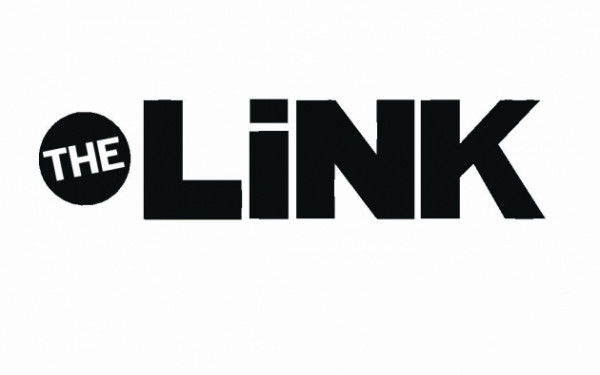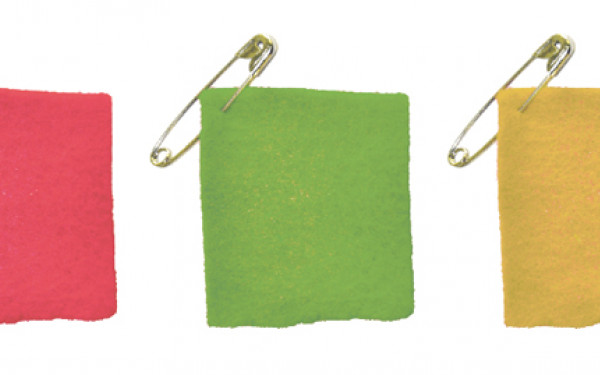Faculty Associations Turn Out Against the Strike
Over the past two weeks, many faculty and member associations have held separate General Assemblies allowing their members to vote on joining the strike movement against raising tuition.
Of those who voted, many have joined the strike. Only a few associations have chosen to boycott the boycott, including the Engineering and Computer Science Association, the Commerce and Administration Students Association, and the
Students of History At Concordia.
Engineering a Failed Motion
Over 400 engineering and computer science students were present at the ECA GA on Thursday afternoon to decide on the faculty association’s official stance on the student strike.
Students voted overwhelmingly against both presented motions—for a one-week ‘student protest,’ and for participating in the Day of Action on March 22. Over 200 students were against the strike, while a mere 43 were for it, with eight abstentions.
In regards to joining in on March 22, as 136 voted against it, 65 voted for it, and 31 abstained.
ECA student Chuck Wilson, who is running for VP Academic and Advocacy in the upcoming CSU general election, said the high turnout is a sign that students care about their education, no matter what side they stand on.
“Engineers historically are thought to be quite apathetic, but when it’s a really important issue they actually come out and vote and want to have a voice,” he said.
Business (Students) as Usual
On March 14, members of the John Molson School of Business and the Commerce and Administration Student Association voted against joining the one-week strike mandate approved at the Concordia Student Union GA on March 8.
Out of 7,500 undergraduate students, 843 participated in the vote. Of those, 123 students agreed with the motion to join the strike movement, 710 opposed, 9 abstained and one ballot was spoiled.
At an informal GA held on March 13, members of JMSB voted to amend the wording of the motion to include the phrase “the formal protest commonly referred to as a strike (though technically a boycott).”
“The consensus we’ve received thus far is that students [at JMSB], regardless of how the vote went for the CSU, are against the strike,” said CASA VP Academic Daniel Shakibaian. “Many of the tactics and ideologies that the CSU has and employs don’t necessarily fit the average student here, and that’s why we have to represent them on a separate level.”
CASA’s strike vote resolution, a document sent to The Link by the CASA exec after the vote, explained that many students in JMSB were displeased with the results of the CSU General Assembly, and so CASA chose to hold their own vote.
“Democracy has taken its course and JMSB undergraduate students have voted overwhelmingly against protesting the tuition hikes,” the document said. “From here on, as representatives of JMSB students, CASA-JMSB’s adopted stance is that we are not in favor of protesting the tuition fee increases.”
Strike Vote is History
The Students of History at Concordia held a Special General Assembly on March 15 in which they voted against joining the one-week student strike voted on by the CSU on March 8.
Of the approximately 600 students that SHAC represents, roughly 62 students voted on two separate motions.
The first motion was in regards to joining a one-week strike from March 15 to 22 with the opportunity of renewing that strike at the end of the week. Of the 62 students that voted, 21 students voted in favor of joining the strike, 40 students opposed, and one person abstained.
The second motion was in regards to opposing the Liberal government’s planned tuition increase of $325 per year over five years. Of the 58 students that voted on this motion, 30 were in favor of opposing the tuition increase, 12 were opposed, and 16 abstained.
“Basically, we established that history students are opposed to the tuition hikes, but they are also opposed to the strike,” said SHAC VP Finance Aaron Green.
Though SHAC maintains a neutral stance on student politics, executives felt it necessary to facilitate a GA after a petition began circulating calling for the association to address the issue.
“We felt that we wanted to give history students the opportunity to express themselves,” said Green. “One of the main complaints levied against the CSU was that yes, we voted in favour of going on strike, but there wasn’t enough information given to students at the General Assembly regarding what that strike would look like.”

06_700_1054_90.jpg)



_600_375_90_s_c1.jpg)

